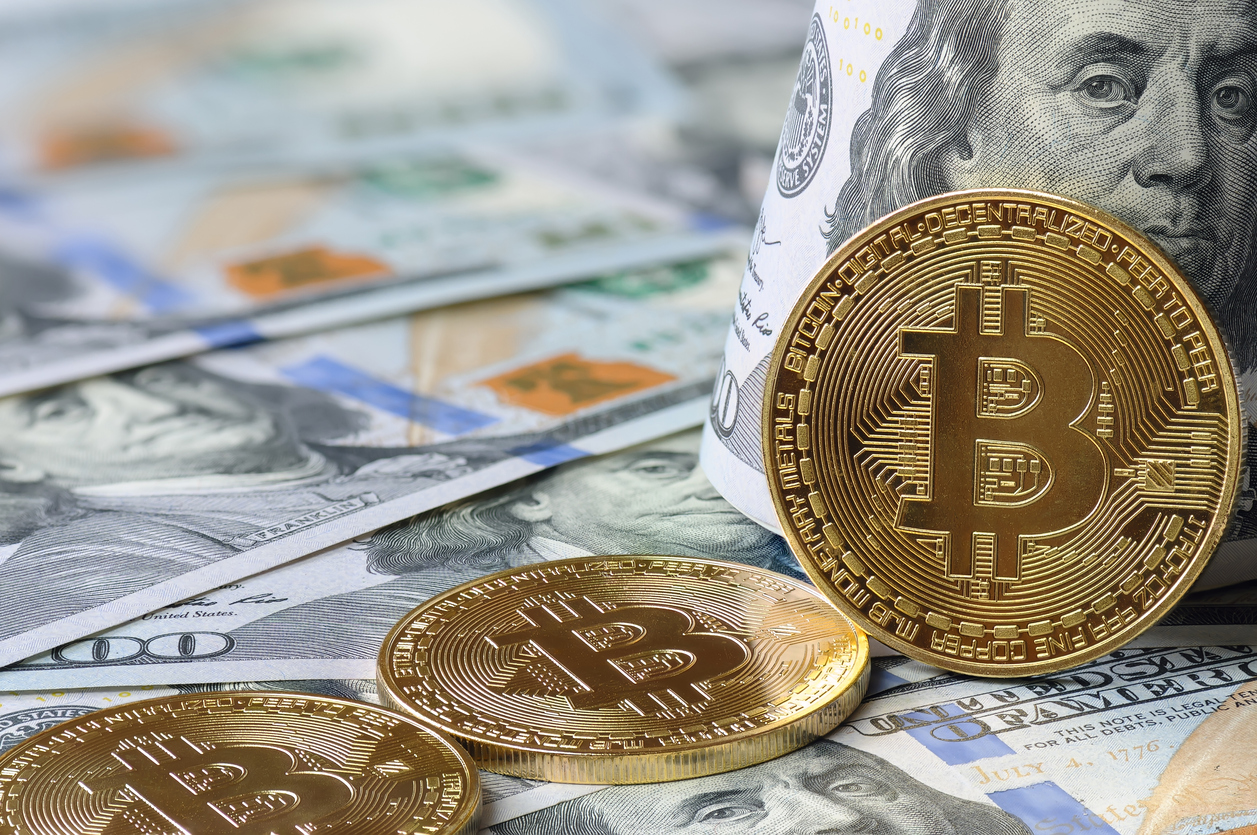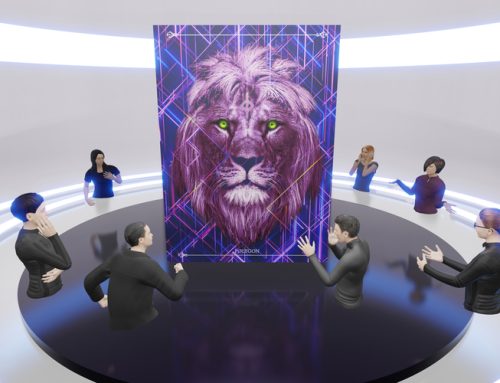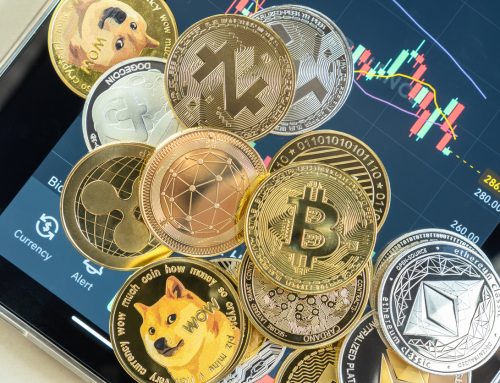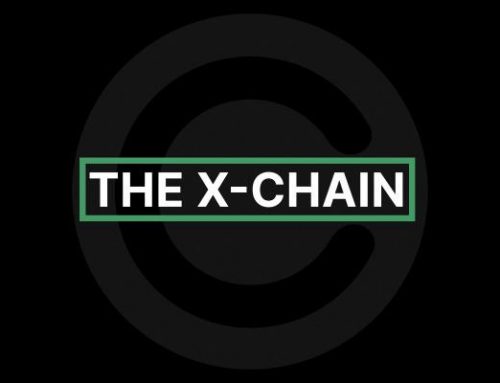Investing in cryptocurrency can be as exciting as it is confusing. Doing so requires learning a new language full of acronyms and terminology that might be shocking to the untrained eye. Here are 20 terms you should familiarize yourself with before investing in Cryptocurrency.
What is crypto?
- Cryptocurrency: A type of digital currency that’s decentralized and digital. Cryptocurrency can be bought, sold, used as currency, or stored as an investment.
- Decentralization: The concept of distributing power away from a central point and an aspect of cryptocurrency.
- Decentralized Finance (Defi): Financial activities conducted without an intermediary (bank, government, or other financial institution).
- Coin: A representative store of digital value that lives on a blockchain or cryptocurrency network (exchange).
- Blockchain: According to NextAdvisor, “a blockchain is a digital form of record-keeping and the underlying technology behind cryptocurrencies. A blockchain is the result of sequential blocks that build upon one another, creating a permanent record of transactions or other data.” Blockchains are usually decentralized and require majority approval from all users to operate and make changes.
- Block: Groups of data within a blockchain.
- Token: A unit of value on a blockchain that usually has value proposition other than just a transfer of value (like a coin).
How is a cryptocurrency created?
- Mining: The process that creates new cryptocurrencies.
- Hash Rate: Hash rate is the measure of computing and processing power–or how many calculations can be performed per second–in crypto mining. The higher hash rate, the more robust the network.
What types of cryptocurrencies can I invest in?
- Bitcoin: The first and most valuable cryptocurrency that launched in January of 2009.
- Altcoin: An altcoin is any coin that’s not Bitcoin. Altcoins can be anything from our own coin, XCUR, to any of the thousands of coins with very minimal market value. Ethereum is the most popular altcoin.
- NFT: A nonfungible token (NFT) is a digital asset that shares ownership of a virtual good, such as an online collectible or piece of digital artwork.
Where is cryptocurrency stored?
- Address: An address is a string of unique characters that serves as a virtual location where individuals can send, receive, or store cryptocurrency.
- Coinbase: A popular centralized cryptocurrency exchange–AKA where coins are stored.
- Exchange: Digital marketplaces where you can buy and trade crypto, like CURɅTE.
Where is MY cryptocurrency stored?
- Wallet: A place to store your cryptocurrency holdings. Many exchanges offer digital wallets. Wallets can be online and software-based (hot) or offline and hosted on a device (cold).
- Public Key: Your wallet’s address, or a unique sequence of numbers that identify your store of crypto currency. It functions like a bank account number. You can share your public wallet key with people or institutions so you can transfer and receive money or facilitate transactions.
- Private Key: The encrypted code that allows direct access to your cryptocurrency. Like your bank account password, you should never share your private key.
Besides investing, what other costs might I incur?
- Gas: Gas is the cost of computing power when completing transactions on the Ethereum blockchain. It gets passed on to network participants in the form of fees. Because CURɅTE is a gasless exchange, investors can avoid these fees.
What else do I need to know?
- Halving: When the reward for mining bitcoins is cut in half. At the current rate, halvings happen about every four years.
Interested in shopping or investing through CURɅTE’s gasless NFT and P2P marketplace? Download our app for iOS, Android, or access our gasless NFT marketplace through our web app.




